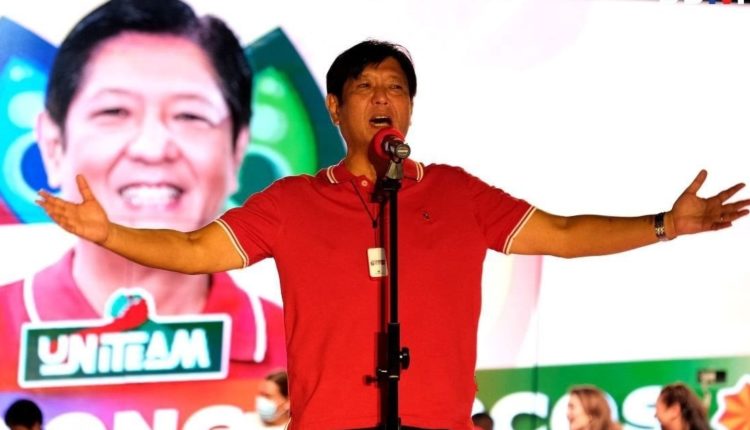COMELEC throws out last ‘DQ’ versus BBM
Next task is to ensure clean, honest, credible polls—BBM spox
THE First Division of the Commission on Elections (COMELEC), has thrown out on Wednesday, April 20, 2022, the last disqualification case against former senator and leading presidential contender, Ferdinand ‘Bongbong/BBM’ Marcos Jr., for “lack of merit.”
In a 31-page ruling, the division, composed of commissioners, Socorro Inting, Aimee Ferolino and Aimee Torrefranca-Neri, said they are “not convinced” that the main argument used by the petitioners, ‘Pudno Nga Ilocano,’ that Marcos committed “moral turpitude” when he failed to file his income tax return from 1982 to 1985.
Noticeably, the argument was identical to that raised by 3 of 5 other nuisance petitions against Marcos filed by a motley group of communists, presidential wannabes and the Yellows—that were all also previously junked by the poll body, namely:
Lihaylihay vs Marcos (petition to declare Marcos as nuisance candidate), filed October 11, 2021— junked by the Second Division;
Buenafe et al. vs Marcos (petition to cancel COC based on his ITR issue), filed November 2, 2021 — junked by the Second Division;
Ilagan et al. vs Marcos, Akbayan et al. vs Marcos, Mangelen vs Marcos (consolidated disqualification petition also anchored on the ITR issue), filed on November 17 and December 2, 2021 — junked by the First Division;
Tiburcio Marcos vs. Marcos (petition to cancel COC), filed November 18, 2021—Tiburcio was declared a nuisance candidate; and,
Bautista, et. al vs. Marcos (petition-in-intervention, also citing the ITR issue), filed November 8, 2021—also dismissed by the First Division.
The petitioners in the Pudno Nga Ilocano case and their supporters appeared confident theirs would succeed when they filed it last December 7, 2021, as their counsel is no less than Christian Monsod, former COMELEC chair and one of the drafters of the 1987 Constitution.
The petitioners claimed Bongbong failed to file his income tax returns (ITR) when he was vice governor, then governor of Ilocos Norte from 1982 to 1985.
The First Division however cited a 2009 Supreme Court ruling, which states that “failure to file an income tax return is not a crime involving moral turpitude.”
The division also clarified that the non-filing of income tax returns is not tax evasion.
“Regardless of the fact that the non-filing of ITR was done repeatedly by (Marcos Jr.), there is still no tax evasion to speak of as no tax was actually intentionally avoided,” the ruling read.
“He may have been neglectful in performing this obligation, it however does not reflect moral depravity,” it added.
The ruling also noted that while Marcos failed to file his ITR for several years, “there is still no tax evasion to speak of as no tax was actually intentionally evaded. The government was not defrauded.”
The division decided that petitioners were “gravely mistaken” when they claimed BBM should be disqualified since he had been convicted of a crime punishable by more than 18 months in prison.
But the division stressed that the petitioners highlighted an inapplicable statute that imposes harsher penalties retroactively, which is a violation of the Constitution.
Next task is to ensure clean, honest, credible polls
Informed of the ruling while campaigning in Mindoro Occidental, BBM said, “Of course, it is a good development and we are happy that it happened before our actual elections.”
A separate statement released by his camp bared that BBM knew from the start that the petitions filed against him had “no merit.”
“We are satisfied that the processes had been observed and once again, law, evidence, and reason have prevailed,” the statement reads.
“That being said, we continue to espouse unity even in the face of our competing candidacies, and remain confident that the will of the people will be freely expressed in the ballot without any distraction.”
Atty. Vic Rodriguez, BBM’’s spokesperson reminded Filipinos that despite the dismissal, the country still faces the major task of ensuring that the elections on May 9, 2022, would be
“clean, honest, credible and fair” and where the people would be allowed “to speak, their voices heard and their votes genuinely counted.”
“As (we) advocated, elections are settled through the ballots on election day—not through the abuse of our judicial processes like the filing of nuisance petitions for disqualification,” Rodriguez stressed.



